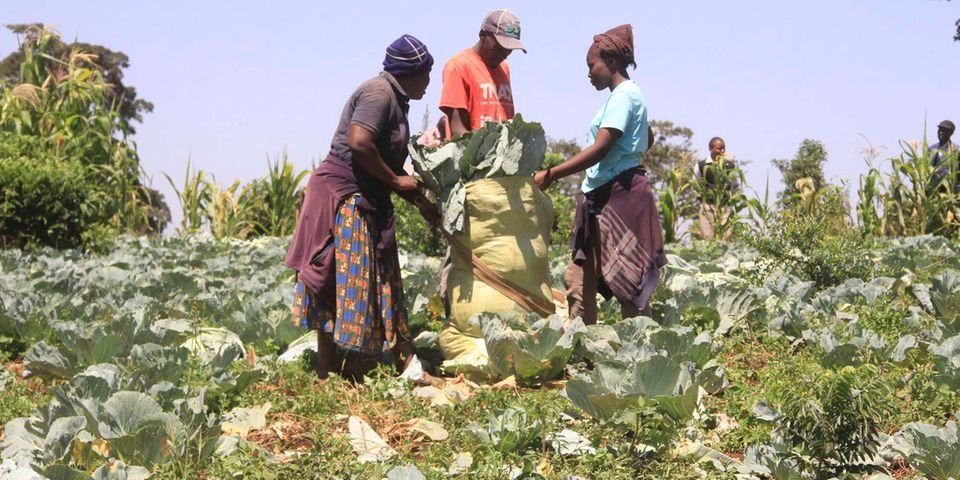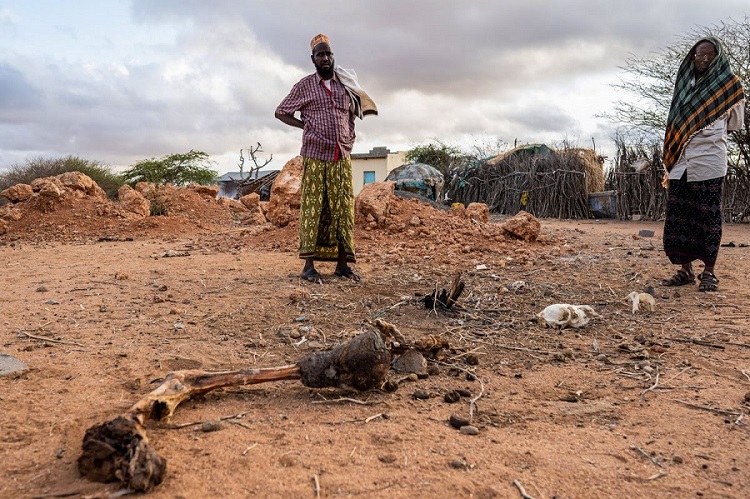By Mohamed Adow

What you need to know:
- In theory, the shamba system, or non-resident cultivation, sounded like a solid plan—until things went south.
- Environmentalists have blamed the shamba system for the degradation of Mau Forest, a key water tower.
- Farming in forests will not only worsen the food shortage but also expose communities to even more severer impacts of the climate crisis.
An old idea, inherited from the colonialists, threatens to undo the gains in rehabilitating Kenya’s forests.
In theory, the shamba system, or non-resident cultivation, sounded like a solid plan—until things went south.
When it was introduced in 1910, the system allowed farmers to farm in forests as they tended trees.
They were required to leave once the trees mature. But it was fraught with problems; farmers would refuse to leave and loggers encroached on the forests.
Depending on who you ask, the shamba system may or may not have been helpful to Kenya’s forests.
Its advocates say reverting to it will increase food production. Increasing food production is crucial, especially as millions of Kenyans face starvation.
But remember that the food and climate crises are intertwined. At a time when the climate crisis has exposed us to unprecedented calamities, saving our forests should be a priority.
Environmentalists have blamed the shamba system for the degradation of Mau Forest, a key water tower.
In 2009, Prof Wangari Maathai, a Nobel laureate, termed the shamba system a danger to forests.
She said it would encourage their depletion. It takes years to grow trees and only days to cut them down. She warned that the rate of depletion would fast outpace the growth of new trees.
Farming in forests will not only worsen the food shortage but also expose communities to even more severer impacts of the climate crisis.
Climate crisis
Kenya, like many other African countries, is on the frontline of the climate crisis.
The droughts and floods we suffer can be traced back to earth’s extremely high temperatures as a result of carbon dioxide emissions.
Although Kenya has done little to cause this climate crisis, we still have a role to play to tackle it. Preserving forests is one way to do so.
Forests are great carbon sinks. Trees absorb climate-heating carbon dioxide from the atmosphere as they grow and release it when they are cut down. Keeping them intact will help to cool our planet.
Reviving the shamba system would present a risk to indigenous trees, which are more beneficial than exotic ones.
Before the scheme was banned, the Kenya Forest Service would provide indigenous tree seedlings to farmers for planting.
But due to corruption, farmers started planting exotic trees like cypress, which hog nutrients, denying the indigenous vegetation a chance to grow.
Forest cover
Unchecked, the scheme will open the door for land grabbers and illegal loggers.
We risk losing vast swathes of forests in the name of the shamba system; we can forget achieving the recommended 10 per cent forest cover.
Communities certainly have a role in protecting forests. For years, forest dwellers like the Ogiek have taken care of them.
For them, forests provide a lifeline. They protect forests and get food and medicine from the trees in return, hence it’s important to equip such communities to prevent forest depletion.
The government should also invest in creating awareness of the importance of forests. Without such knowledge, communities will only see forests as a source of firewood and as land to be cleared for farming.
Indeed, the country faces a food crisis. To address the shortage, there is a need to delve into the root of the problem rather than purport to provide a solution through the shamba system, which is superficial, to say the least.
Our skewed land ownership policy and the climate crisis are mainly to blame.
If we review the land ownership system, which has allowed individuals to own large swathes of land that lie idle, and invest in climate-resilient agriculture, we can be closer to solving the food challenge.
Such land, if used for farming, would boost food production.
President William Ruto’s pledge of 100 per cent clean energy by 2030 will also come in handy in solving the food problem.
In remote, off-grid areas, farmers can benefit from solar or hydro-powered irrigation schemes.
In his promise, Kenya has shown leadership in the climate debate. Instead of reviving a failed scheme, we should focus on alternative, sustainable and climate resilient methods of securing food production.
That means protecting forests, helping communities to build resilience against the climate crisis and embracing renewable energy.
Mr Adow is the Power Shift Africa Director @Mohadow










